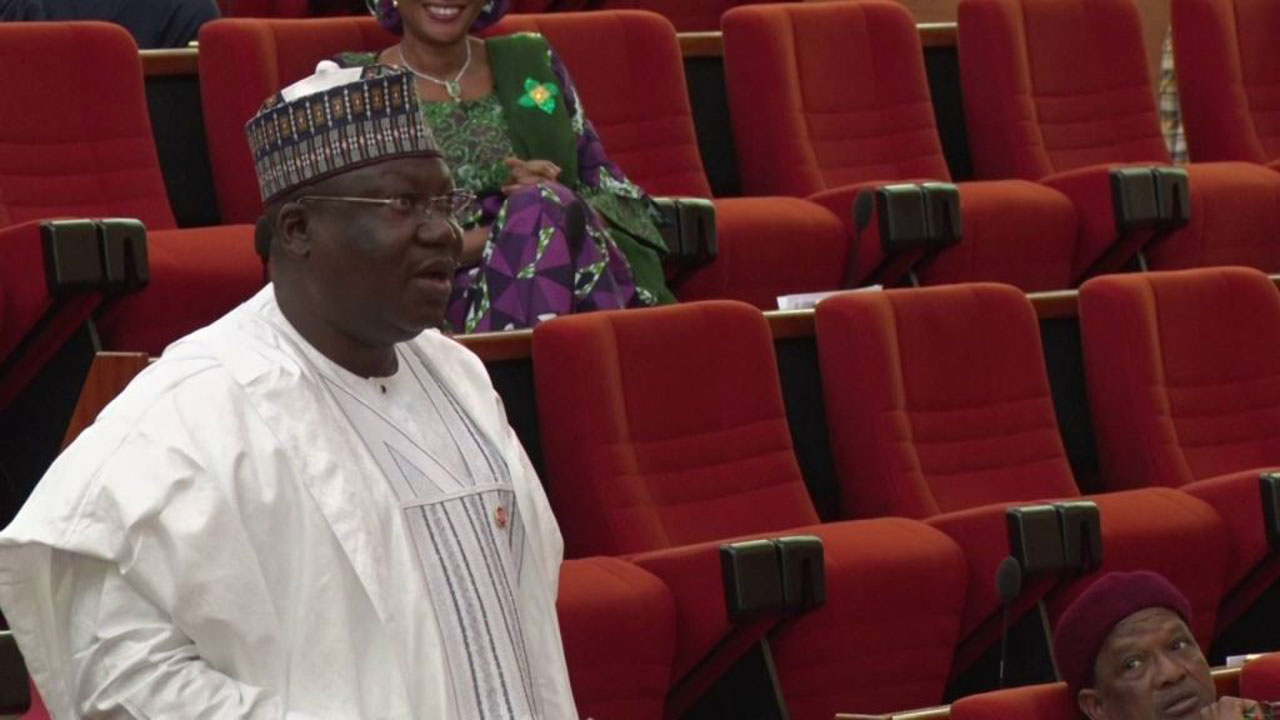The Senate has averred that it would provide adequate support to federal government agencies in generating N3 trillion revenue annually.
The upper chamber of Nigeria’s legislature opined that the N3 trillion target can be surpassed if they work with the right mindset.
The Senate President, Ahmad Lawan stated this on Monday in Abuja during an interactive session centered on the need to improve the federal government internally generated revenue (IGR) as contained in the 2022 appropriation act.
The attendees of the session include– the senate leadership, members of the Senate committee on finance and the leadership of the revenue-generating agencies of the federal government.
Lawan noted that the agencies have the capacity to generate N3 trillion each year, adding that the Senate will support them with the substantial legislation needed.
He stated that the national assembly will be firm and put in more effort in generating more revenue so as to reduce deficit and borrowing.
The Senate President, however, urged the agencies to point out any hindrances to reaching the target so that it can be looked into critically and solutions can be proffered.
He said, “in 2022, the national assembly assumed and rightly so that our government-owned enterprises can generate up to N3 trillion if we are of the mindset that we can achieve that and, of course, ensure that we oversight to stall any possibility of unwarranted expenditures by agencies of government.
“But that does not mean in any way that it is going to be some kind of investigation on what you do, but an encouragement of what you need to do.
“In this meeting and subsequent ones, there should be no holds barred on discussions. Where an agency feels it is encumbered in any way from achieving its target, it should say so, so that we are able to prescribe the right solutions for it to perform.”
Lawan maintained that the Senate would ensure that the federal government generates more revenue for the growth of the economy and provision of social amenities.
Calling for the commitment of the agencies, he said, “we believe that when you (revenue-generating agencies) generate the money, we (national assembly) appropriate it.
“Prudence is of the essence here, when we spend our money. And when we borrow, as the national assembly has always tried to do, we borrow to treat specific projects and programmes of the government.”

 Forex3 weeks ago
Forex3 weeks ago


 Naira2 weeks ago
Naira2 weeks ago
 Billionaire Watch2 weeks ago
Billionaire Watch2 weeks ago




 Naira3 weeks ago
Naira3 weeks ago




 Naira2 weeks ago
Naira2 weeks ago




 Naira1 week ago
Naira1 week ago




 Naira4 weeks ago
Naira4 weeks ago




 Naira4 weeks ago
Naira4 weeks ago






















